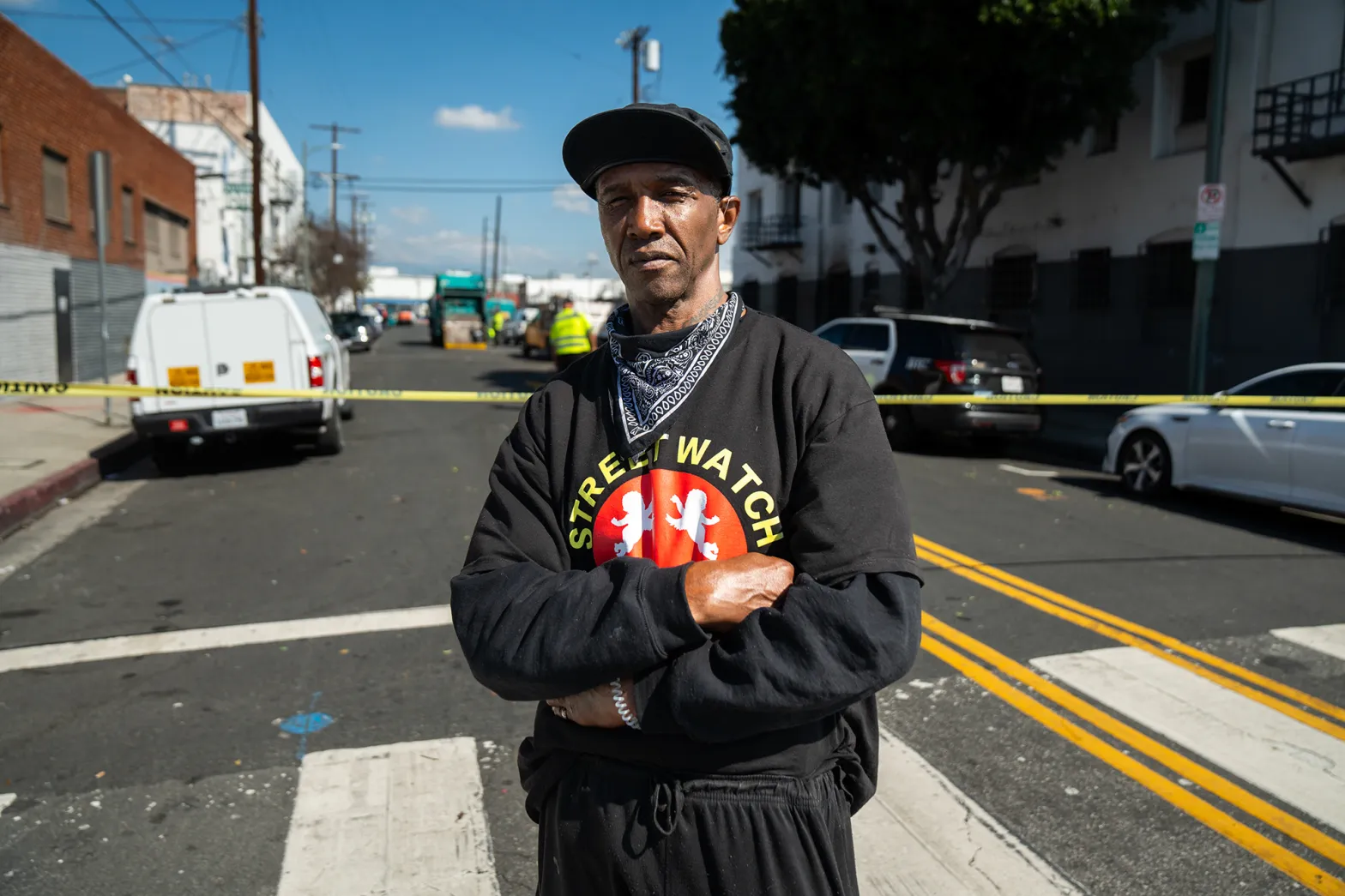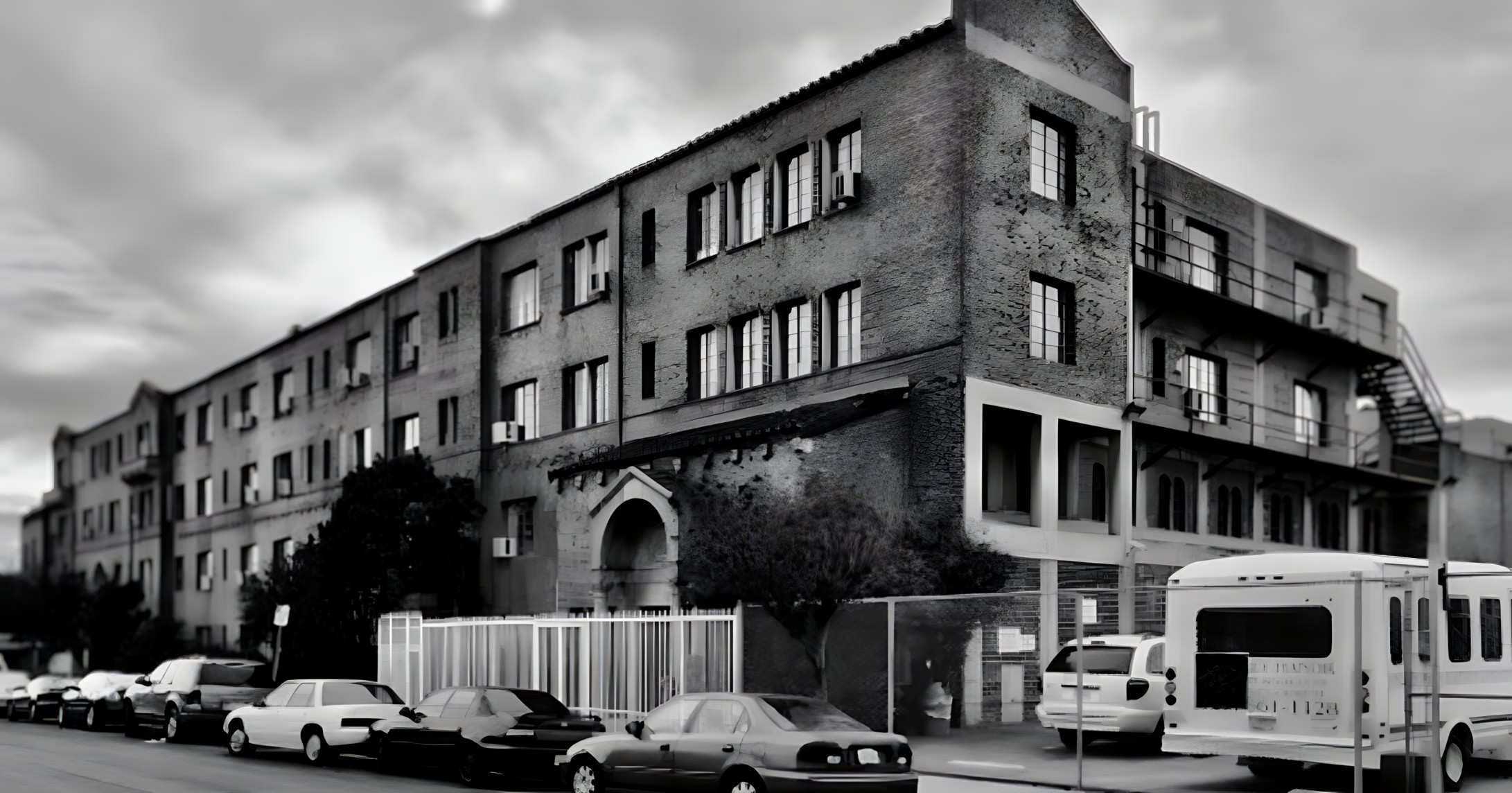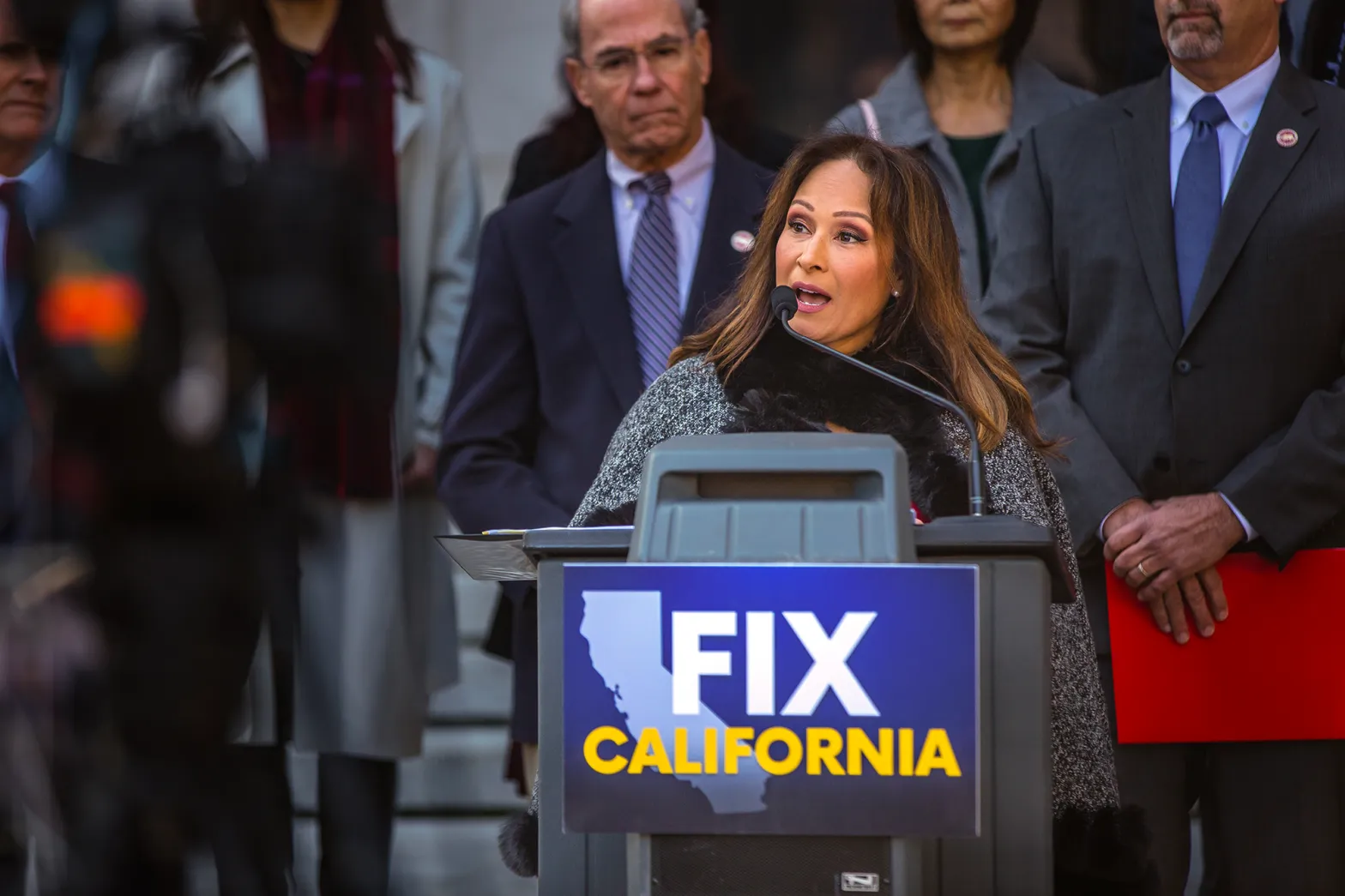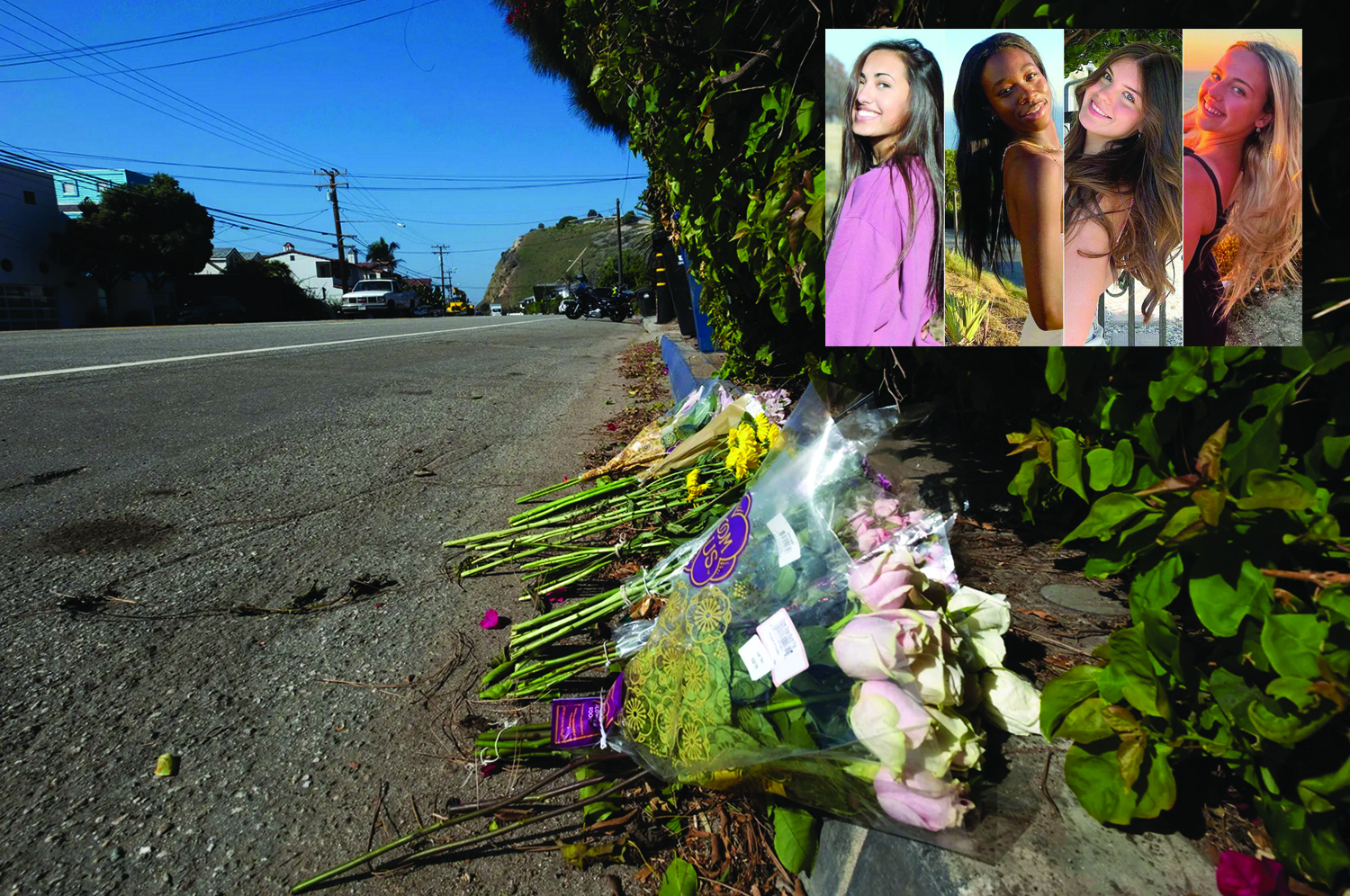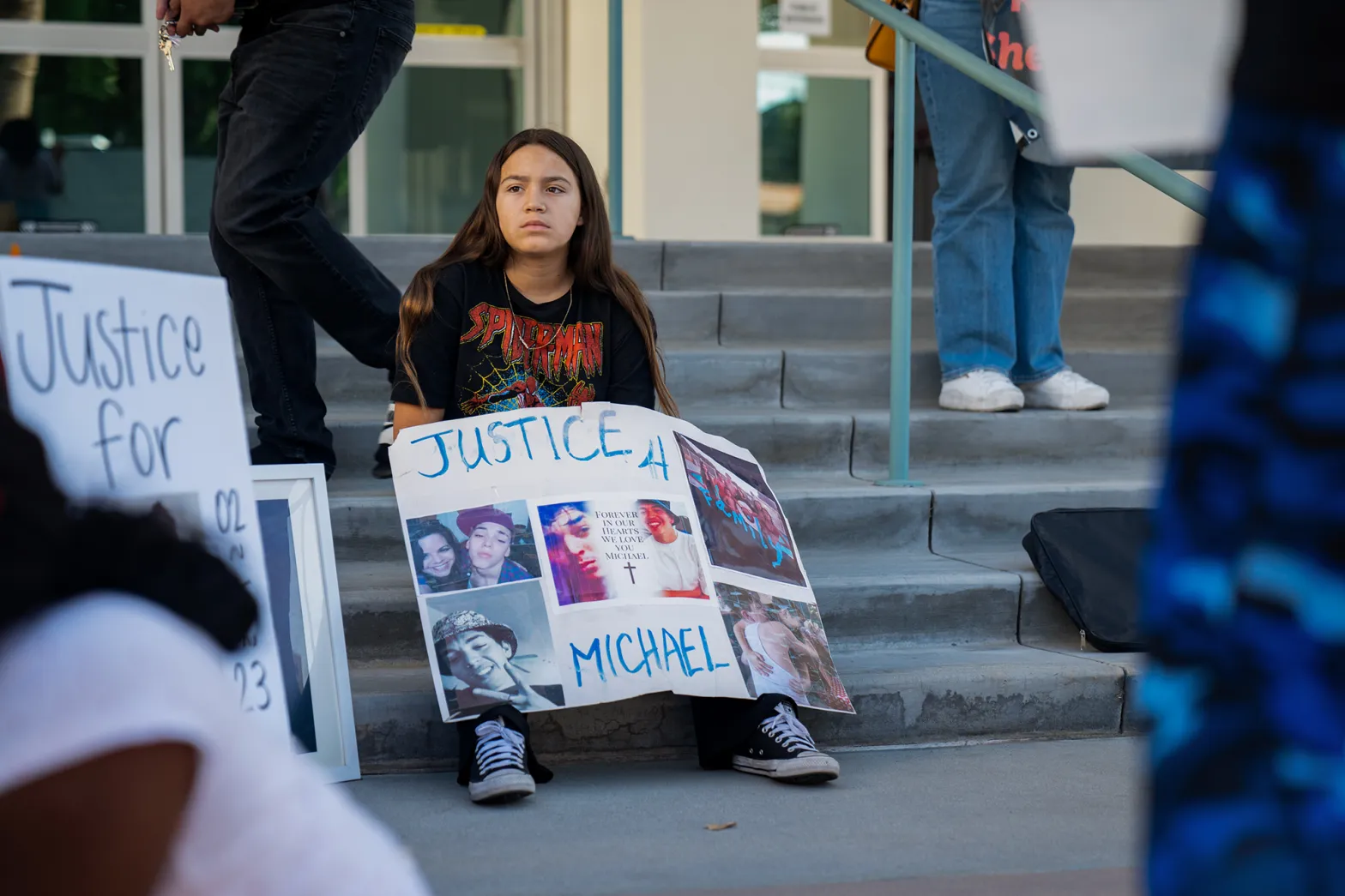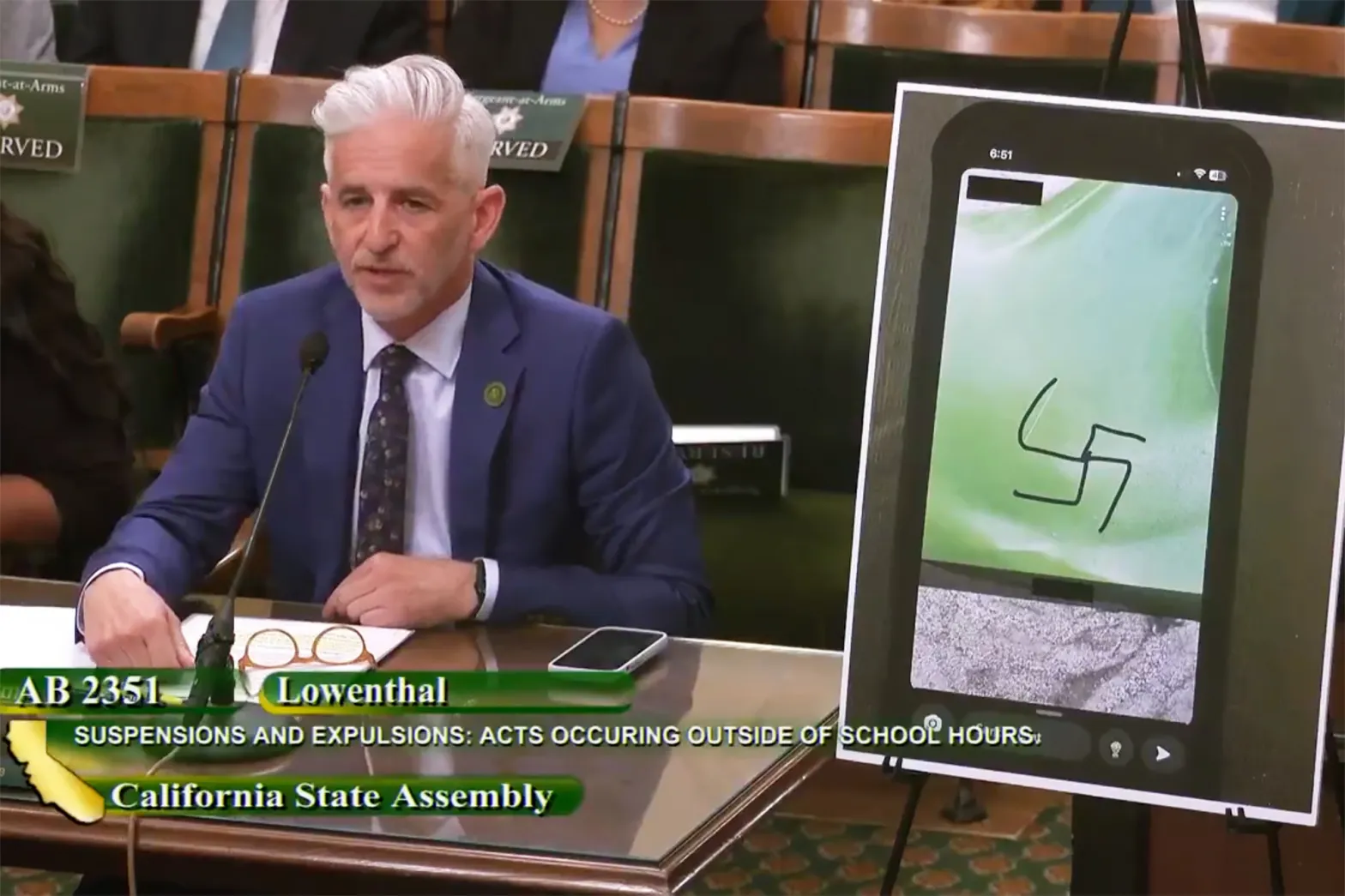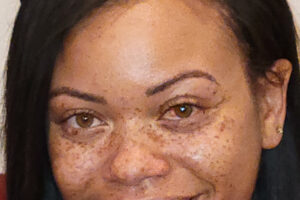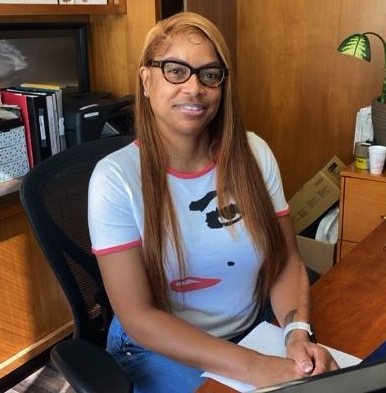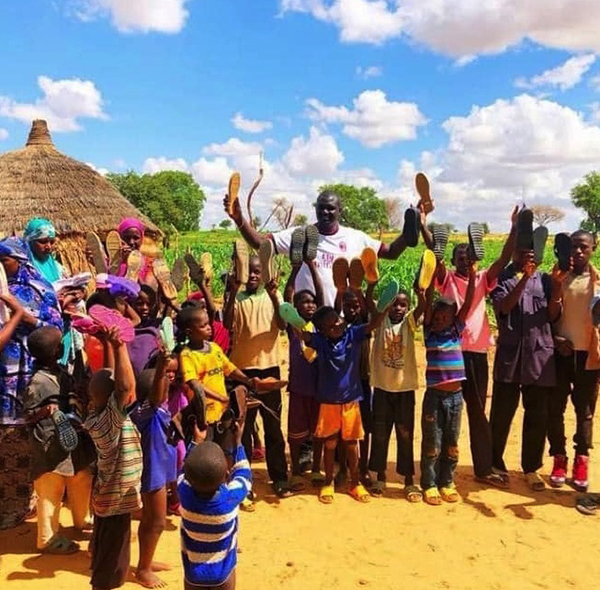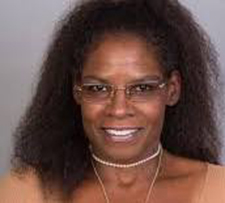MAKING A DIFFERENCE
By Darlene Donloe
Contributing Writer
Michelle Perkins, the CEO and executive director of Turning Point Alcohol and Drug Education Program, is very open and honest about her past life as an addict and as “a Black, incarcerated woman.”
She will tell you how she was “fed up” and finally got her life together after growing tired of going back and forth to prison over a five-year period due to substance abuse. Her substance of choice was crack cocaine, and it was keeping this single mother of four, who had experienced both childhood and adult trauma, off balance.
After being released from what would be her last prison stint in 1999, Perkins, 50, vowed never to return. She remembers being paroled with just $200 gate money, wearing only a T-shirt, sweat pants and the tennis shoes a former prisoner was nice enough to send her so that she wouldn’t have to leave in flip-flops.
Perkins’ drug use began when she started smoking marijuana at age 13. She said it quickly “escalated.”
“I was trying to be like my friends,” she said. “I didn’t know it would take control of my whole life and turn it upside down.”
Once Perkins was released from prison, she attended treatment sessions, reunited with her children, joined Alcoholics Anonymous and did some self-reflection.
She wanted to do something to help other women recently released from prison, who were going through “a tough situation.” She just wasn’t sure how.
She somehow got through “a tough situation,” but admitted it wasn’t easy.
“I got through it because I was tired of the lifestyle I was living,” Perkins said. “I got tired of being addicted and tired of mass incarceration. I didn’t want to go back to that lifestyle. I reached out to a counselor at a camp in Malibu.
“I admitted I had a problem and had nowhere to go. I went to Phoenix House for treatment in 2000. I went into treatment for a year because I wanted to get better and wanted to do something with my life. That’s when I knew I wanted to be a drug and alcohol counselor. The idea came to me to start my own nonprofit.”
In 2009, Perkins opened Turning Point Rehabilitation Center, with the tagline “Restore, Repair, Rebuild,” and concentrated her efforts on a drug and alcohol program.
“Drug users have occurring disorders,” Perkins said. “I had mental issues due to childhood molestation. I was raised by a mother who was an addict. I wasn’t aware I had mental issues based on trauma. I went through it as a child. In 2009, I opened Turning Point because I wanted to give back to the community.”
In 2012, Perkins expanded the facility, which was then known as Turning Point Rehabilitation Center, Alcohol and Drug Education and Prevention Re-Entry Program, which is dedicated to supporting the needs of men, women and transitional aged youth who have been marginalized by addiction, trauma, homelessness and incarceration. The re-entry program was launched in 2020.
Turning Point, which helps 400 people annually with its supportive services and mental health program, and 240 people with its re-entry program, provides a court-approved program serving both adults and adolescents in dealing with any life crisis they need support in, including but not limited to, alcohol and other drug education, HIV/AIDS testing and education, group and individual counseling, domestic violence classes, anger management, and parenting classes.
Turning Point is an authorized member of the Safe Housing Network.
The organization’s programs are designed to help clients reshape their beliefs and attitudes, and control impulses, thoughts, and behavior in order to attain maximum functioning in their lives.
“We operate as a licensed drug and alcohol facility,” Perkins said. “We serve hundreds each year with supportive services. Since its inception, we have served 960 individuals. About 60% have regained custody of their children. About 50% of our clients are women, and 50% are men.”
When COVID-19 hit, Perkins said there was an increase in the alcohol and drugs program’s clientele.
“There was definitely an increase,” said Perkins. “It’s about a 30% increase for drug and alcohol. Most have not said it’s due to COVID directly, but their story is about losing jobs within the last year and not being able to cope with our new way of living and quarantining.”
Turning Point’s Re-Entry Program, currently just for women, utilizes an evidence-based collaborative whole-person care model to help people who have been recently released from incarceration to successfully transition back into the community as productive members.
The house, located in South L.A., has four bedrooms. There are two women to a room.
Prison case managers refer the women to Turning Point, although Perkins said anyone who has previously been incarcerated is able to stay at the house.
“Once a month the women at the house are involved in a community leadership development group,” Perkins said. “They are also involved in bi-weekly food drives. There is a case manager and a house manager there to teach them how to be independent, and to do chores, including cooking.”
Even while in custody, women with upcoming release dates can contact Turning Point to begin developing individualized service plans that will serve as a personal framework for rehabilitation upon their release.
Turning Point community health workers assist program participants with compassionate case management, vocational and educational training, assistance with job placement, housing support and other supportive service linkages.
One of the residents of Turning Point’s Re-Entry House is Brigitte “Stonie” Boycan, 62, who also “wanted to make a change.” Although Boycan is in the body of a woman, he has lived his entire life as a man and prefers to be referred to as the pronoun “he.” Plans are underway to start his physical transition from a female to a male this summer.
“I’ve always known I was man, ever since I was a little girl,” said Boycan, originally from Ohio.
Thankful for Turning Point’s re-entry house program, Boycan did 27 years in prison, he said because a passenger in his car had an “unloaded gun under the passenger seat.”
“Because it was my car, I was the one who was arrested,” he said. “It was when that three strikes law came out. I didn’t know the gun was there. A gun without bullets is not a gun to me. It’s just a big piece of metal. They never arrested my passenger. Justice was just terrible.”
Boycan has been living in Turning Point’s re-entry house since his release from prison six months ago.
“This place is so nice,” he said. “It has helped me a lot. Being here is helping me to work on the mental part. I’m trying to get out of being institutionalized. Right now, I like to be in my bedroom secluded. I have to tell myself I can walk out of the bedroom and go outside and walk to the corner. I think once I have my surgery, I’ll transition easier.”
Perkins said the organization, which empowers people of all ages to dream, aspire and achieve, is dedicated to the rehabilitation of women marginalized by addiction, trauma criminality, incarceration, poverty, racism, sexism, homelessness and violence.
The kind of help Turning Point Rehabilitation Center provides is extensive. They help residents obtain identification, Social Security cards, and with applying for public assistance and Medi-Cal. They also help residents with resumes and soft skill development and encourage women to obtain a sponsor and participate in 12-step meetings.
They collaborate with local employment agencies on behalf of the women, assist residents enrolling in school and follow-up on their progress, and assist residents in searching for permanent housing. In addition, women can stay in Turning Point’s re-entry program until they are ready for independent living.
Turning Point can be reached through its website at turningpointaod.com and on Instagram at _turning.point_
“Making a Difference” is a weekly feature profiling organizations that are serving their communities. To propose a “Making a Difference” profile, send an email to newsroom@wavepublication.com.
Darlene Donloe is a freelance reporter for Wave Newspapers who covers South Los Angeles. She can be reached at ddonloe@gmail.com.

